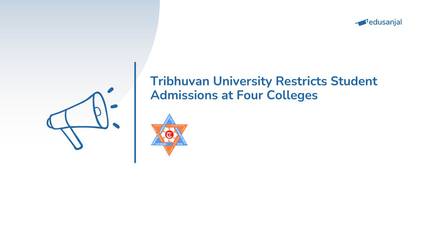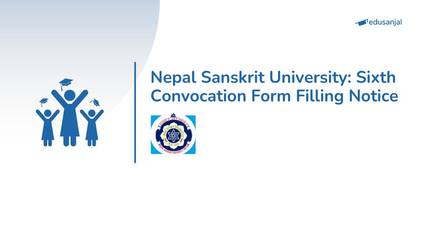The National Assembly's Legislation Management Committee has rejected the proposed inclusion of the Prime Minister as the Chancellor of Shaheed Dashrath Chand University of Health Sciences. Committee members raised concerns about the potential strain on the Prime Minister, emphasizing the need to avoid overextension of the chief executive's role in managing multiple universities.
Committee Chairman Jayanthi Rai emphasized the importance of preserving the Prime Minister's focus on crucial state matters, stating, "The Prime Minister should not be attached to many places and should not be made to occupy the position." Rai expressed worries about the potential adverse effects on the performance of educational institutions if the Prime Minister were to assume the role of Chancellor in numerous places.
The proposed bill initially suggested appointing the Prime Minister as the Chancellor, with the Minister of Education serving as Vice-Chancellor. It also outlined the duties and rights of the university assembly, along with proposing changes to the traditional titles of university officials. However, after a two-day discussion, committee members reached a consensus to maintain the existing titles of Chancellor, Vice-Chancellor, and Vice-President.
During the meeting, Minister of State for Education, Science, and Technology Pramila Kumari supported the idea of the Prime Minister serving as the Chancellor for the health sciences-focused university. Kumari assured that steps would be taken to eliminate gender-specific terms like Kulpati, Upakulpati from the bill, addressing concerns raised by committee members.
Despite the support from some members, arguments against the idea prevailed, with Madan Kumari Shah expressing concerns about the potential increase in the Prime Minister's workload and the diversion from core responsibilities.
The committee engaged in a broader discussion on the establishment of the university, the roles of officials, and the structure of the university assembly. Suresh Ale Magar, a committee member, emphasized the significance of having an accomplished figure from the health and education sector as the Chancellor.
As the proposed bill aims to enhance the quality of medical education, produce balanced academic manpower, and improve access to health services, committee members continue to deliberate on the most suitable governance structure for the new university. The ongoing debate focuses on whether the Prime Minister should take on the position of Chancellor or if an expert in the health and education sector would be more appropriate.













